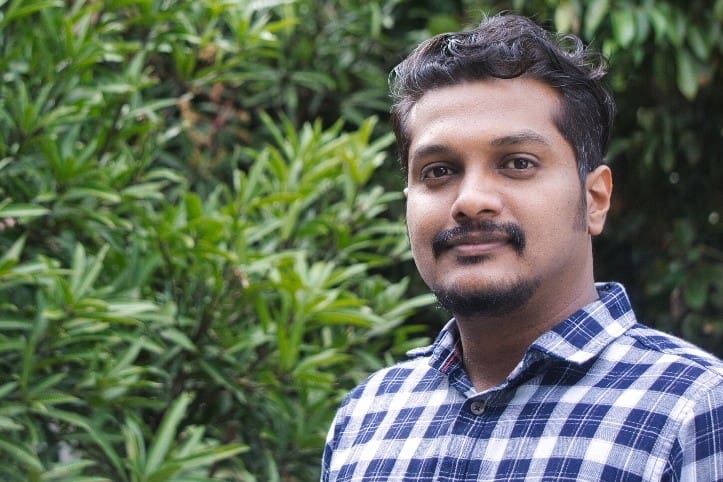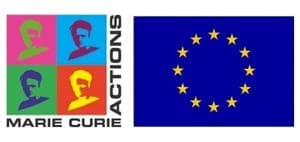POMASAC
Photoelectrochemical Oxidation of Methane using Single Atom Catalysts

Grant description
Natural gas (primarily methane, CH4) is still a major energy source that is often simply flared into the atmosphere without being harnessed. As a cumulative result, unprecedented CH4 spikes have been reported lately in Earth’s atmosphere. Combined with the already existing Global warming concerns posed by other greenhouse gases such as CO2, CO, NOx, etc., CH4 abundance will lead to a worldwide catastrophe. Various attempts to convert and utilize CH4 into useful chemicals in mild reaction conditions have only seen limited success. In this proposal, we aim to target the CH4 molecule by fixing the CO2 molecule to produce acetic acid [CH3COOH, a high-value industrial chemical - the global acetic acid market attained a value of over 8.7 billion EUR in 2020 and is expected to grow at a compound annual growth rate (CAGR) of 5.5% from 2022 to 2027] via Photoelectrochemistry (PEC, using light and electricity) employing a new generation of heterogeneous catalysts called Single Atom Catalysts (SACs, containing abundantly available single transition metal atom embedded on transition metal oxide semiconductors that can rival catalytic efficacy of a well-defined homogeneous catalyst).
To achieve this goal, we will mainly study (1) different band-energies of SACs using optical and electrochemical methods; (2) select and examine appropriate SACs with band energies that can enable CH4 oxidation and CO2 reduction; (3) examine their selectivity, efficiency, and recyclability through catalyst and reaction optimizations; (4) characterize the best-performing SACs and (5) decipher the reaction mechanism with the aid of computational methods.
We will disseminate the results through papers, conference presentations, public outreach events, social media, etc. while gaining several scientific and transferable skills required for career progress. A new pathway towards methane valorization is foreseen through this project, which can be highly attractive in an academic and industrial setting.

This project has received funding from the European Union’s Horizon Europe research and innovation program under grant agreement 101105451
Fellow
Dr. Gopakumar obtained his master’s in engineering (M.Tech, Nanoscience and Technology) from Pondicherry Central University, India in 2013. During this period, he interned as a Swiss National Science Foundation (SNSF) project fellow at École Polytechnique Fédérale de Lausanne (EPFL), Switzerland under the supervision of Prof. Paul Dyson (Institute of Chemical Sciences and Engineering, ISIC) and Prof. Jürgen Brugger (Institute of Materials, IMX) where he researched on nanoimprint lithography and ionic liquids. Later, he joined the lab of Prof. Paul Dyson (Laboratory of Organometallic and Medicinal Chemistry, LCOM, ISIC) at EPFL as a PhD student until his graduation in 2018. Later, he joined the Department of Chemistry, University of Antwerp, Belgium as a full-time IOF (Industrieel Onderzoeksfonds) postdoctoral fellow (until 2022) under the supervision of Prof. Shoubhik Das. In Dec 2022, he joined the lab of Prof. Julio Lloret-Fillol at ICIQ. He continued in the same lab with the MSCA Individual fellowship for another project (HORIZON-MSCA-2022-PF-01-01, acronym – POMASAC, EU grant agreement: 101105451) in Dec 2023.
-
Reference: 101105451
-
Call identifier: HORIZON-MSCA-2022-PF-01
-
Timeline
01/12/2023 - 30/11/2025
-
ICIQ Funding
181,152.96 € -
Website & Social Media
-
Principal Investigator
Prof. Julio Lloret-Fillol
-
Financing Agent / Programme
Horizon Europe, MSCA Postdoctoral Fellowships

Let's create a brighter future
Join our team to work with renowned researchers, tackle groundbreaking
projects and contribute to meaningful scientific advancements
















